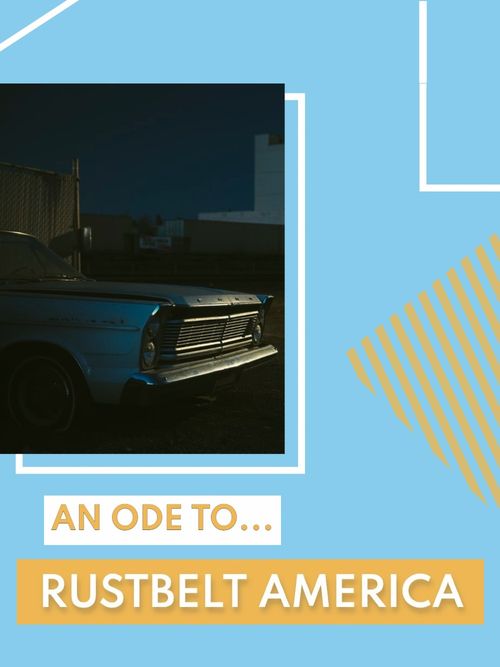America's forgotten working class: Hillbilly Elegy in 4 minutes
Jul 18, 2021 · 4 mins read
0
Share
A culture in crisis
Some people succeed despite their upbringing, not because of it. JD Vance is one of those people. He grew up under the care of his gun-toting “Mamaw” Bonnie Blanton, known as the toughest woman in Jackson, Kentucky – a place few people even try to escape.
Save
Share
The people of Jackson may have been dirt-poor and laden with vices, but young JD loved his home. The circumstances were objectively bad in a socioeconomic sense, but the people were proud – and Vance was proud of them.
Save
Share
Hillbilly Elegy: A Memoir of a Family and Culture in Crisis is JD Vance’s story. It was heralded as a bellwether for the forgotten masses who elected Donald Trump president in 2016, when the book became a number one New York Times bestseller. It’s now a film directed by Ron Howard.
Save
Share
Vance views the US as split into “two separate worlds”: working-class white America and then everyone else. Where most people in the latter category are intent on giving their children the best chance to succeed, parents in Appalachia’s ‘hillbilly’ culture often don’t know where to start.
Save
Share
This is how the author defines that world: “We do not like outsiders or people who are different from us, whether the difference lies in how they look, how they act, or, most important, how they talk.” That insular identity, often referred to as ‘redneck’ or ‘white trash’, inspires fierce loyalty.
Save
Share
The root of such unbending pride is Scots-Irish honor culture: a value system where you mind your business and don’t ask for help. If justice needs to be done, you handle it yourself – no questions asked. But there’s also a “learned helplessness” that keeps many poor and apathetic.
Save
Share
Vance paints a dire picture of “Rust Belt” America: rampant abuse of pharmaceutical drugs, overspending to look rich while children go hungry, zero upward mobility, and even less faith in education. Companies are unable to fill positions yet somehow unemployment remains high.
Save
Share
In his own life, Vance encountered a series of traumatic incidents that he considers typical of his community. Most of these were at the hands of his mother who struggled with addiction and beat him physically. One day, she threatened to kill them both while speeding on the highway.
Save
Share
Later in life, Vance learned of “adverse childhood experiences” (or ACEs) such as being exposed to abuse and addiction. He scores six out of 10 on the ACE test, putting him in a demographic more likely to develop mental health issues due to the impact of high stress.
Save
Share
In fact, Vance notes his surprise when he later encounters families – including his future wife’s – who don’t shout at each other, abuse drugs, or get into situations where they need payday loans. He realised that these ACEs create an endless cycle of unstable homes.
Save
Share
0
